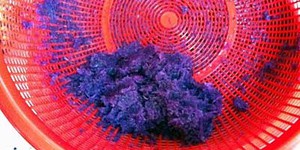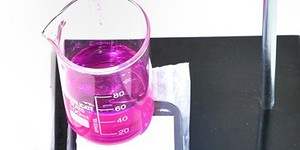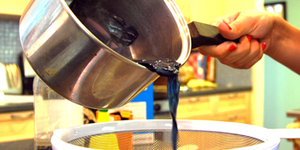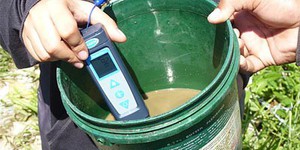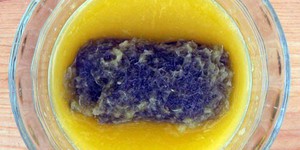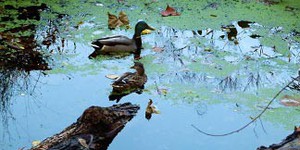Others Like “Get the Lead Out: Explore the Effects of pH on Lead Testing.” (top 20 results)
|
Did you know that your body needs a certain amount of iron in order to stay healthy? Iron can be found in much of what you consume each day. Almond flour—frequently used in cookies—is just one example of an iron-rich food. However, only a small fraction of the iron in food gets absorbed by the body, partially because the body can only absorb dissolved iron. In this project, you will study whether the acidic environment in your stomach helps dissolve iron. You will use a color-based…
Read more
This experiment is for all the kids out there who love boiled cabbage! You say you do not like cabbage? Well maybe you will like this amazing color-changing liquid you can make with cabbage. Which solutions around your house can make the cabbage juice change color? Find out while you learn about acids and bases and how to test for them.
Read more
Pennies are bright and shiny when they are new, but become quite dull with time. What causes such a drastic change? Oxygen in the air combines with the copper in the penny to form copper oxide, which makes the penny look dull and dingy. You can make the pennies look like new again by soaking them in water that is corrosive enough to strip off the copper oxide layer. It turns out, however, that the same process that makes the pennies shiny has bad consequences when it comes to copper pipes: it…
Read more
Have you ever wondered why some foods taste really sour? Vinegar is one example that you might know from salad dressings or pickles. They taste pretty sour, right? There are many different types of vinegar that you can buy to use around the kitchen for cooking and pickling. The chemical compound that gives vinegar its tart taste and pungent smell is acetic acid. Do you think all the different vinegars contain the same amount of acetic acid? Are there some that are more sour than others? How…
Read more
Have you ever tasted a delicious burger and wondered how it got so much flavor? Maybe you have heard your family talk about marinating foods before cooking or grilling them. A marinade is a mixture of seasonings used to flavor or tenderize food. Most cooks have strong opinions about the best way to marinate their favorite food, be it a large steak or a tofu burger. In this cooking and food science fair project, you will run controlled tests to see what factors are most important in making a…
Read more
This is a simple "kitchen chemistry" project about acid/base chemistry. Scientists measure the acidity or alkalinity of a solution using a logarithmic scale called the pH scale. In this project you'll learn about the pH scale, and you'll make your own pH indicator paper using a pH-sensitive dye that you'll extract from red cabbage. You can use your pH paper to measure the acidity/alkalinity of various household solutions.
Read more
The oceans are a precious natural resource, part of Earth's carbon cycle. But what happens if the oceans absorb too much carbon dioxide? Many scientists are concerned that the increased absorption of carbon dioxide is causing them to become more acidic. What impact does that have on the marine life? In this ocean science fair project, you will demonstrate ocean acidification and investigate the effect on the shells of marine life.
Read more
Did you know that soils can be alkaline, neutral, or acidic? Most plants grow best in soil near neutral pH, but some plants prefer slightly acidic and others slightly alkaline soil. What is the pH of the soil in your garden? What happens to the pH of water that comes in contact with soil? In this science project you will get to find out.
Read more
Have you ever left your bike outside in the rain? If so, you might have discovered unpleasant surprises afterwards—reddish-brown patches, known as rust, and your wheels, brakes, and gears might have stopped working so smoothly. In this chemistry science fair project, you'll learn why rust, a type of corrosion, is a serious problem. You'll also discover that not all rains are the same! Find out which ones can speed up the rusting process.
Read more
Chemicals from Earth's atmosphere are making their way down to the planet! Not in spaceships, but in rain. The acid rain can infiltrate ground water, lakes, and streams. How does acid rain affect aquatic ecosystems?
Read more
|
Explore Our Science Videos
Junkbots Lesson Plan Introduction
Fun Physics with Your Cell Phone
Make Fake Snow - Craft Your Science Project



